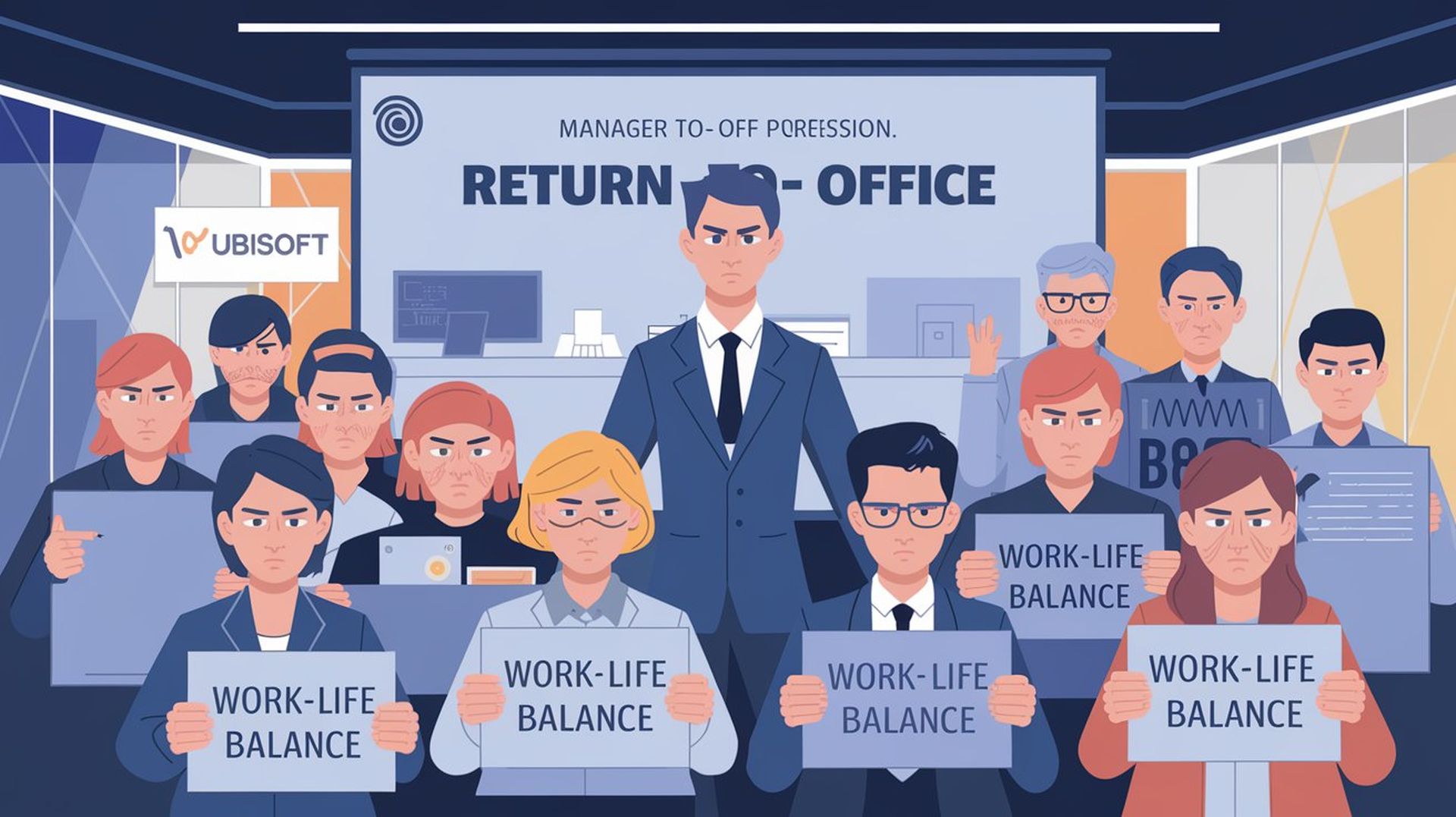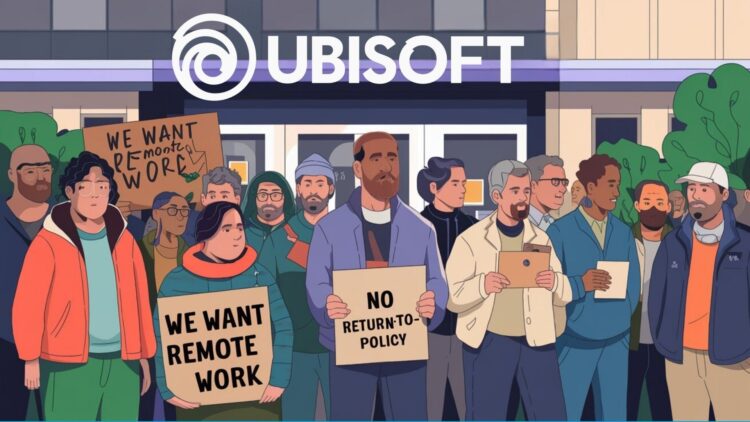Ubisoft recently announced plans to force workers back into the office and calls for a strike arose among staff. The root of the issue? According to the new RTO guidelines, employees must spend three days in the office weekly. Many workers view this decision as a move backward and experience increasing frustration due to their remote work over the last five years.
Workers are preparing for a strike from October 15-17. They anticipate intense focus as they voice their discontent with the RTO policy and extend their criticism toward wider profit distribution and labor issues. Workers fear this rapid transition will disrupt their lives and Ubisoft’s game development efforts.
Why Ubisoft’s RTO decision led to a strike
Workers express the main worry about a sudden shift in their work-life balance. The Video Game Workers’ Union (STJV) issued a statement highlighting the impact on many who have “rebuilt their lives” around the flexibility of remote work. Working in the office for three days each week involves considerable problems related to how employees balance travel needs and child care.
The labor group believes combining this policy and profit-sharing disagreements could cause widespread resignations. According to them, the new policy risks “losing our colleagues’ jobs” and “disorganizing many game projects.” Workers request an official commitment to remote work that showcases their requirements and suggestions.

Management holders do not appear to budge. Yves Guillemot highlighted the firm’s performance shortfall during the second quarter and insisted on better operational efficiency for the future. The staff maintains that improving efficiency should not rely on losing flexibility or mental health.
The larger trend of return-to-office pushes
Ubisoft’s action aligns with a trend expanding in the business realm. Well-known tech companies, including Amazon and Tesla, have adopted more rigid RTO practices as their CEOs support the claim that in-office collaboration drives innovation and teamwork. Amazon’s CEO, Andy Jassy, defended the policy by saying that office interactions allow employees to “learn, model, practice, and strengthen our culture.”
Ubisoft’s situation appears especially complicated because the return to the office order is linked to stalled profit-sharing discussions. To the employees, this seems like more than just a policy adjustment; it feels like a lack of respect for their input and value while they work remotely. The need for adaptable schedules and compensation increases to address inflation and women’s pay gap arises.
The heart of this conflict focuses on enhancing how Ubisoft executives engage with their employees. Workers complain that leadership makes decisions without involving them directly. They describe the company’s approach as a “monologue” rather than a true dialogue considering employee concerns.
Ubisoft employees are ramping up for a three-day strike, and the threats are intensifying. Workers request modifications that surpass the RTO policy. They aspire to a workspace where working from home is possible, with wages reflecting inflation, and leaders respond meaningfully to their suggestions.
This planned strike will reveal how Ubisoft and other companies striving for traditional workplaces react to this challenge. Will firms embrace the increasing need for flexibility, or will the business focus on face-to-face work keep prompting pushback?
Image credits: Furkan Demirkaya/Ideogram





